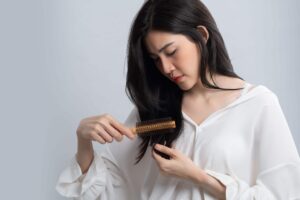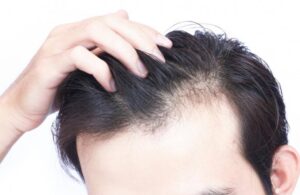Due to regulatory guidelines, we are unable to list specific brand names on our website and have used replacement terms instead. To find out what these terms refer to, please contact us directly.
Due to regulatory guidelines, we are unable to list specific brand names on our website and have used replacement terms instead. To find out what these terms refer to, please contact us directly.
Due to regulatory guidelines, we are unable to list specific brand names on our website and have used replacement terms instead. To find out what these terms refer to, please contact us directly.




